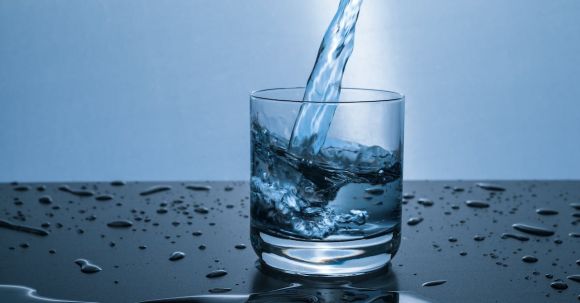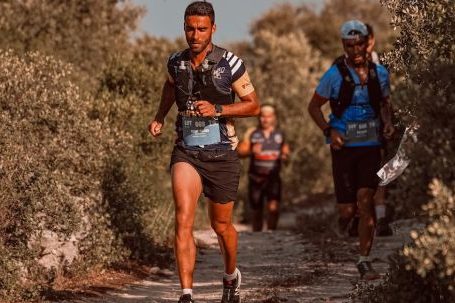Staying properly hydrated is crucial for overall health and well-being, especially during workouts. When we exercise, our bodies lose water through sweat, and if we don’t replenish those fluids, it can lead to dehydration. In this article, we will explore the importance of proper hydration during workouts and the impact it has on our performance and recovery.
Optimal Performance
Hydration plays a vital role in optimizing our performance during workouts. When our bodies are properly hydrated, our muscles and joints can function at their best, allowing us to perform exercises with greater ease and efficiency. It also helps maintain our body temperature, preventing overheating, which can hinder our performance and lead to fatigue.
Improved Endurance
Proper hydration is directly linked to improved endurance. Dehydration can cause a decrease in blood volume, making it harder for our hearts to pump oxygen-rich blood to our muscles. This can lead to early fatigue and a decline in our workout performance. By staying hydrated, we can maintain adequate blood volume, ensuring that our muscles receive the oxygen they need to keep going, ultimately enhancing our endurance.
Reduced Risk of Injury
When we exercise, our bodies are more susceptible to injuries such as muscle cramps, sprains, and strains. Dehydration can increase the likelihood of these injuries occurring. Proper hydration helps lubricate our joints, reducing friction and minimizing the risk of joint-related injuries. Additionally, it keeps our muscles well-hydrated, making them less prone to cramping and spasms.
Faster Recovery
Proper hydration is crucial for post-workout recovery. During intense exercise, our bodies break down muscle tissues, and hydration plays a crucial role in repairing and rebuilding them. Adequate water intake helps transport essential nutrients to our muscles, aiding in their recovery process. It also aids in the removal of waste products, such as lactic acid, which can cause muscle soreness. By staying hydrated, we can speed up our recovery time and be ready for our next workout sooner.
Signs of Dehydration
Recognizing the signs of dehydration is essential to prevent its negative effects. Common symptoms include dry mouth, dizziness, fatigue, decreased urine output, and dark-colored urine. If you experience any of these symptoms during a workout, it is crucial to stop exercising, rehydrate, and rest. Ignoring these signs and pushing through can lead to more severe complications, such as heatstroke or heat exhaustion.
Tips for Proper Hydration
To ensure proper hydration during workouts, here are some tips to keep in mind:
1. Drink water before, during, and after your workout: Start hydrating before you exercise and continue to drink fluids throughout your session. Afterward, replenish any lost fluids by drinking water or electrolyte-rich beverages.
2. Listen to your body: Pay attention to your body’s thirst signals. If you feel thirsty, drink water immediately.
3. Monitor urine color: A light, pale yellow urine color indicates proper hydration, while a darker color suggests dehydration.
4. Consider electrolyte intake: During intense workouts or prolonged exercise, it’s essential to replace electrolytes lost through sweat. Consuming sports drinks or electrolyte-enhanced waters can help maintain electrolyte balance.
Conclusion
Proper hydration is vital for maximizing our workout performance, improving endurance, reducing the risk of injuries, and promoting faster recovery. By staying hydrated and listening to our bodies, we can optimize our workouts, prevent dehydration, and achieve our fitness goals. So, remember to drink up and keep your body properly hydrated during your next workout session.





